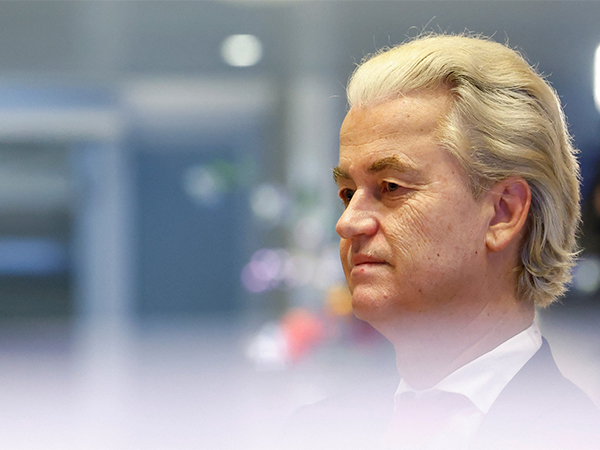Dutch National Election: A Pivotal Moment for European Populism?
The upcoming national election in the Netherlands pits far-right leader Geert Wilders against centrist rivals focusing on housing and security concerns. Despite leading in polls, Wilders may struggle to form a coalition due to voter discontent and internal party dynamics, reflecting a wider European populist challenge.

Ahead of the Netherlands' national election, the political landscape is dominated by the competition between far-right figurehead Geert Wilders and his centrist opponents. Voters are caught between Wilders’ anti-immigration stance and the centrists’ promises to resolve housing and security issues.
Despite Wilders' leading poll numbers, he faces significant hurdles due to a lack of coalition partners willing to align with his far-right policies. The Christian Democrats and Labour-Green Left Party are rising in popularity, offering alternative solutions to the pressing concerns of immigration and housing.
The election on October 29 serves as a crucial test for the sustainability of European populism. As Wilders seeks to capitalize on discontent, questions loom over the effectiveness of populist policies amid complex socio-political challenges facing the Netherlands.









